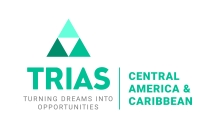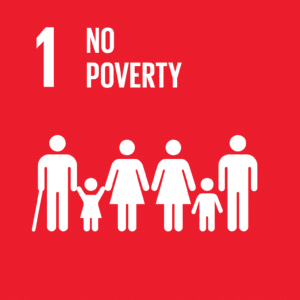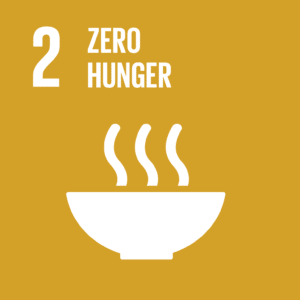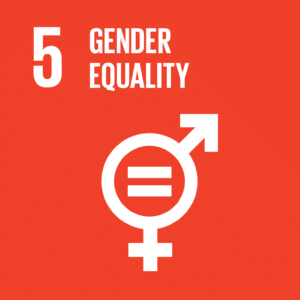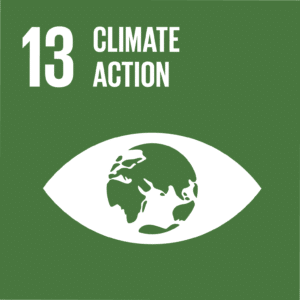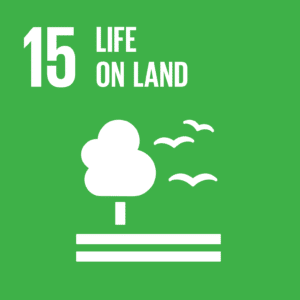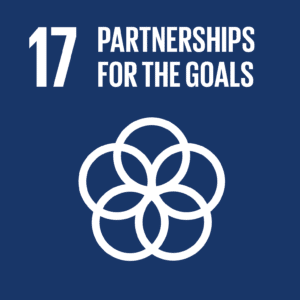Towards inclusive climate resilience for indigenous coffee farmers
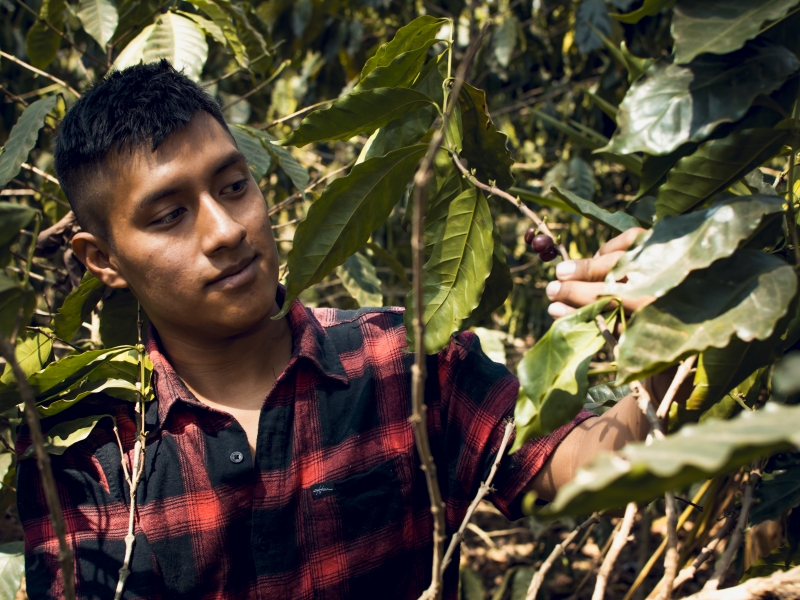
Agricultural and climate challenges in the highlands of Guatemala
In the highlands of Guatemala, climate change threatens the livelihoods and food security of small-scale indigenous coffee farmers. Extreme weather events such as droughts and floods disrupt crop production and water availability, leading to the depletion of natural resources and increasing the vulnerability of indigenous farming families. This vulnerability is further exacerbated by the region's location within the Central American Dry Corridor, intensifying the need for innovative and sustainable solutions.
Deforestation and loss of biodiversity exacerbate the impact of climate change, while unsustainable agricultural practices further accelerate ecological degradation. The lack of knowledge about climate change and limited access to training hinder farmers' ability to develop effective adaptation and mitigation strategies.
Strengthening climate resilience for indigenous coffee farmers
The adaptation and mitigation capacities of indigenous communities will be enhanced by holistically addressing climate change, resource scarcity, deforestation and gender inequality.
Low-carbon agricultural methods, such as organic farming and crop diversification, will be promoted. Organic production techniques enhance soil health and increase biodiversity within coffee farms. By cultivating a variety of crops alongside coffee, the resilience of their agricultural systems is strengthened, enabling farmers to better withstand unforeseen challenges, such as adverse weather conditions.
Farmers will also receive targeted training to develop effective adaptation strategies. Inclusive decision-making processes are promoted by providing climate training to indigenous women as well.
A total of 1,350 indigenous small-scale coffee farmers will be trained in low-carbon production techniques, such as organic farming and crop diversification to enhance their adaptation and mitigation capacity in the face of climate change.

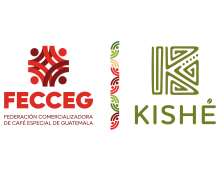
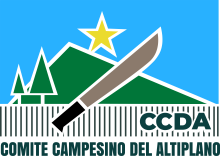
Want to know more about this project?

